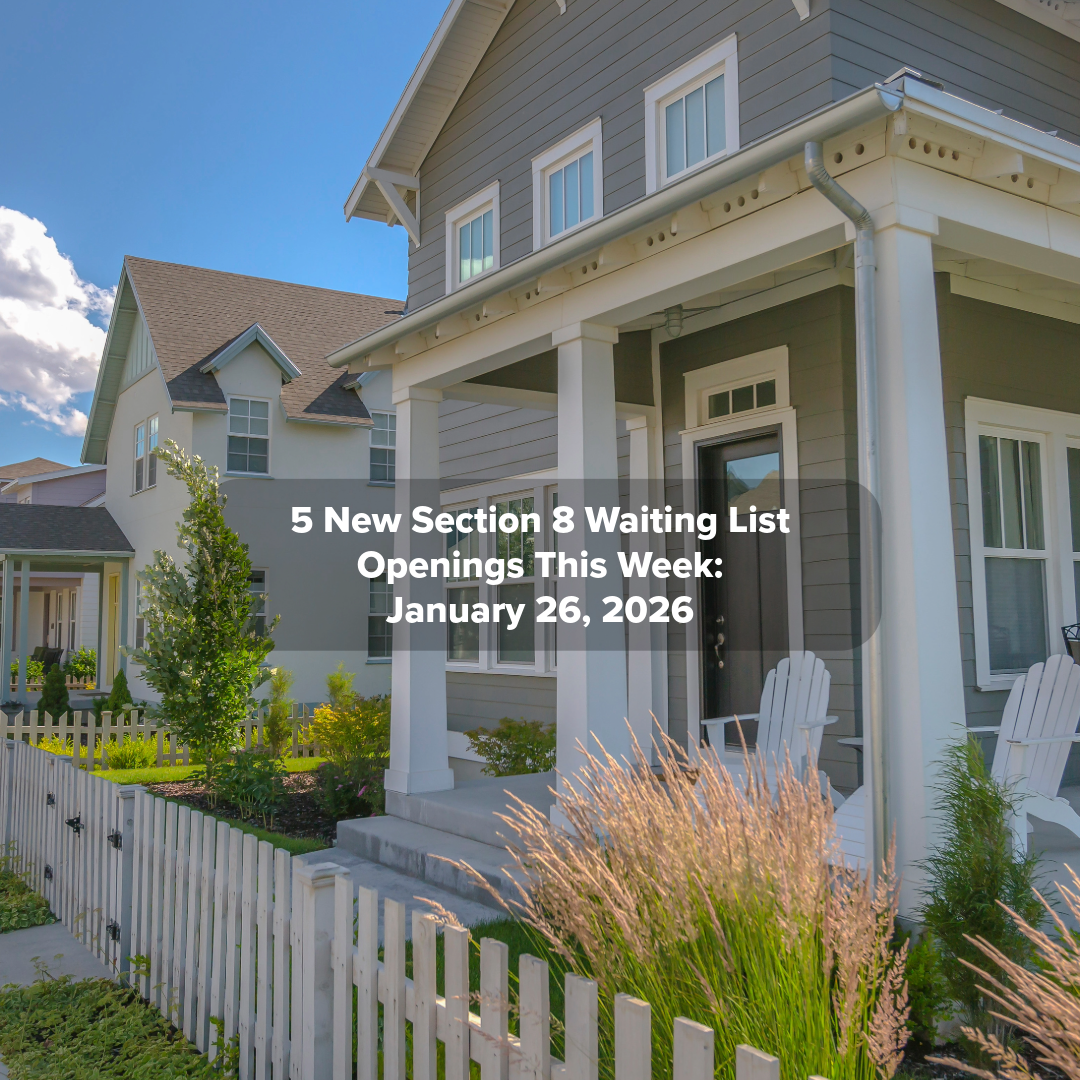West Virginia Emergency Rental Assistance: 2025 Application Guide
/For those that have fallen on hard times, paying the rent can be difficult, if not impossible. The good news is there are a plethora of resources designed to help West Virginia residents in crisis. In this guide, we’ll discuss WV emergency rental assistance and what options are available for renters in 2025.
How Does West Virginia Emergency Rental Assistance Work?
In West Virginia, emergency rental aid is determined by numerous factors, such as:
Income
Household size
Citizenship status
Risk of homelessness
Different programs have different eligibility criteria. For example, some programs serve families, while others help individuals in need. Whatever your situation, there’s a program out there to help.
West Virginia Bureau for Family Assistance
This emergency assistance program helps families and individuals with rent, utilities, food, and more. Assistance is limited to a consecutive 30-day period during any 12 consecutive months. To learn more about this program, contact your local Department of Human Services office, which you can find here.
Housing and Urban Development (HUD)
If you’re struggling to pay rent, check out West Virginia’s HUD resources. This program offers various types of aid, including subsidized apartments. One thing to note, however, is that many HUD programs have waiting lists, so if you are facing immediate eviction, you may want to look elsewhere for short-term help.
EnAct Community Action
EnAct Community Action’s emergency assistance program helps with utilities and rent. They will pay one utility bill per year and require applicants to make a $25 good faith payment. To receive rental assistance, applicants must have a court-ordered eviction. You can qualify once in a 12-month period. Click here to apply.
Catholic Charities West Virginia
Catholic Charities offers emergency financial assistance to those facing eviction or utility termination. To qualify, applicants must be at or below 150% of the federal poverty level. In addition to providing short-term financial aid, Catholic Charities provides resources to help renters avoid future crises.
Covenant House
Covenant House of West Virginia offers different service programs for people in need while driving social change through advocacy. They provide emergency assistance to low and no-income individuals who are facing eviction.
For more information, applicants are encouraged to contact program director Tonda Johnson at tjohnson@wvcovenanthouse.org.
Salvation Army
The Salvation Army offers different types of aid for those in need. Their rent assistance program is designed to help people around the country avoid eviction and get back on their feet.
The Charleston Area Command offers a wide range of social services, including:
Clothing
Rent and utility payment assistance
Youth services
Financial assistance
Hygiene supplies
Senior citizen services
To receive utility assistance, applicants must present bills in the name of an adult currently living in the household. Rental assistance is available to those with an eviction notice. This aid is available by appointment only.
Section 8
West Virginia’s Section 8 housing program is another great option for those seeking short-term rent relief. Over 55,000 households in the state rely on Section 8 support, making it one of the largest emergency assistance programs.
How Do I Qualify?
To qualify for this program, applicants must meet the following criteria:
Income: Your income must be at or below 50% of the area median income (AMI) for your household size.
Household Size: Section 8 funding limits vary depending on the size of your household. Generally speaking, the more people you have living under your roof, the more you will receive.
Citizenship Status: As of 2025, this program is only available to US citizens and legal immigrants, though certain non-citizens may also qualify.
Criminal History: Those with drug-related or violent offenses may be ineligible for Section 8 benefits.
How Much Can I Get?
The amount of assistance you can receive depends on the fair market rate (FMR). It is calculated as a percentage and usually ranges from 90 to 110%. For instance, if the local FMR is $1,000 for a one-bedroom apartment, applicants may qualify for total coverage.
How Do I Apply?
Applying for WV emergency rental assistance through Section 8 is a multi-step process:
Determine your eligibility
Obtain and complete an application
Submit the application
Wait for a response
As part of your application, you will need to submit several required documents, including proof of income and household size. If you are deemed eligible, you will be put on a waiting list. West Virginia housing authorities oversee and manage waiting lists.
To view housing authorities in the state, feel free to use our housing authority search tool.
Find WV Emergency Rental Assistance Today
Struggling to pay rent can take a financial and emotional toll on households. However, with rent assistance programs, renters can make payments while finding ways to recover. Federal, state, and local organizations exist to provide assistance to those in need, and it’s always a good idea to research your options.
To learn more about WV emergency rental assistance, check out the resources listed above. Be sure to browse our rental assistance guide, where we cover everything from short-term rental help to finding housing for those with disabilities.










